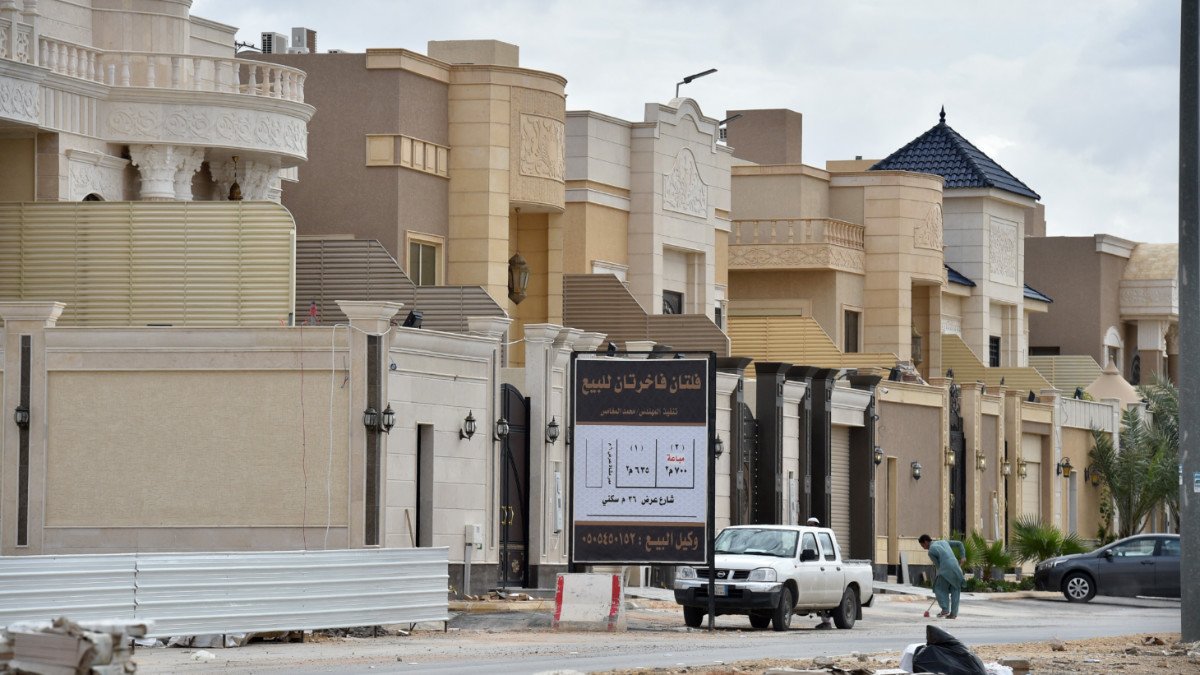Saudi Arabia approved a new law allowing foreigners to own real estate as part of the kingdom’s plan to diversify its economy and open it to foreign investment.
The long-awaited reform, passed on Tuesday, allows foreigners to buy property in specific areas in Riyadh and the Red Sea coastal city of Jeddah. Ownership in Mecca and Medina, the two holiest cities in Islam, is subject to special requirements.
The move prompted a rally in Saudi real estate stocks. Saudi Arabia’s Real Estate General Authority is expected to issue more specifics on the rules and implementation. The law is expected to take effect in January 2026.
Opening Saudi Arabia’s property market to foreign investment is a crucial part of the kingdom’s Vision 2030 plan, which places a strong emphasis on tourism, particularly along Saudi Arabia’s Red Sea coast.
Some projects have faced setbacks after years of high spending and slumping oil prices. The kingdom has already had to scale back the futuristic city of Neom. Instead of 1.5 million people living in the city by 2030, Saudi officials now anticipate fewer than 300,000 residents. Meanwhile, only 2.4km of the city will be completed by 2030.
New MEE newsletter: Jerusalem Dispatch
Sign up to get the latest insights and analysis on
Israel-Palestine, alongside Turkey Unpacked and other MEE newsletters
Still, Saudi Arabia is undergoing a construction boom.
In 2024, the kingdom began construction of the Mukaab, a cube-shaped attraction in Riyadh, which is set to be the world’s largest structure. The building will be the main centrepiece of New Murabba, a major development project in downtown Riyadh.
The kingdom is also pressing ahead with Red Sea resorts, some of which, like the Ritz-Carlton Reserve, have already opened.
Saudi Arabia’s real estate and tourism goals are twofold, experts say.
The kingdom aims to encourage middle class and wealthy Saudis to spend their money at home rather than abroad.
However, by allowing foreign real estate ownership, Saudi Arabia is also seeking to tap a lucrative market alongside other Gulf states, such as Oman and Qatar, for vacation homes and second residences.
The UAE remains the leader in this space, with Dubai and even Abu Dhabi experiencing double-digit residential property price growth in recent years.
According to a report in June by real estate firm Frank Knight, Dubai residential home prices surged 19 percent in 2024. Demand for Dubai real estate remains highest among high-net-worth Saudi citizens, followed by UK citizens and East Asians.
Notably, the trading for homes priced at $10m and above in Dubai now matches London and New York City combined, Frank Knight said.
Although western media has focused on Saudi Arabia’s efforts to push through liberalising social reforms to attract tourists, some research suggests there is also pent-up demand in corners of the global south, including among high-net-worth Muslim individuals.
A Frank Knight report in 2024 found that 79 percent of wealthy Muslim respondents wanted to make their residential property purchase in Mecca or Medina, with budgets above $4m.






